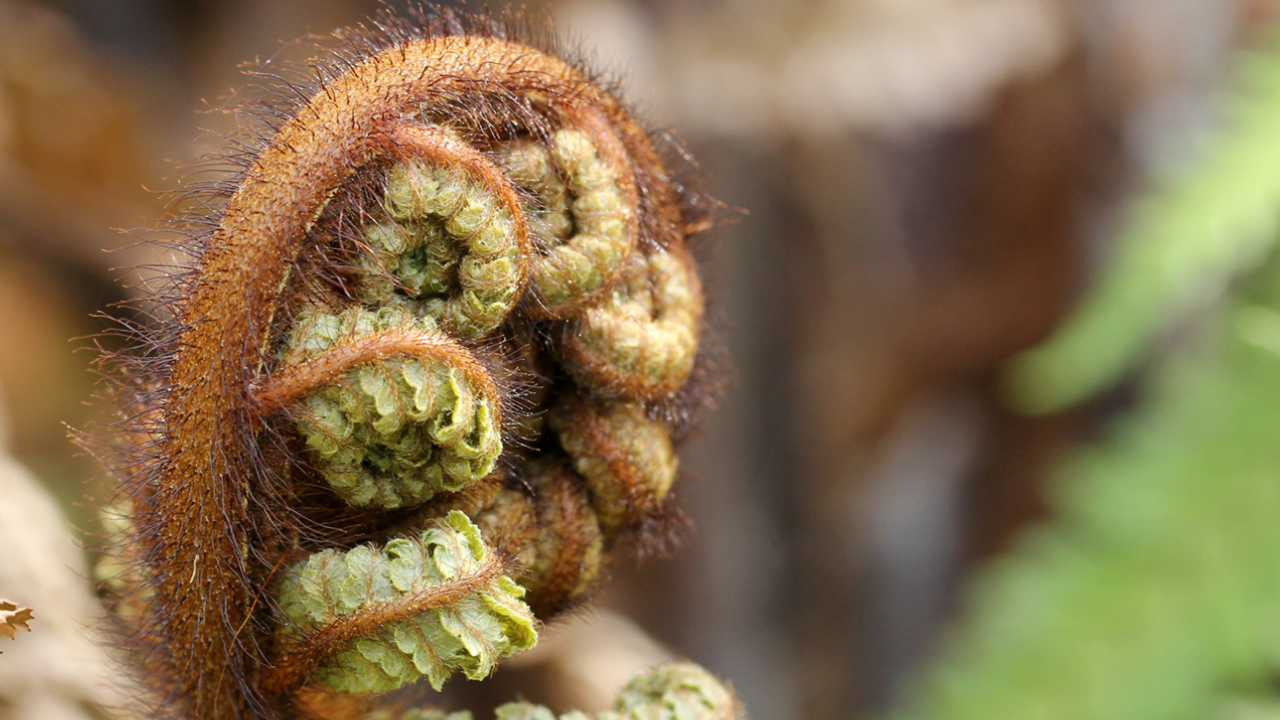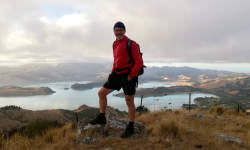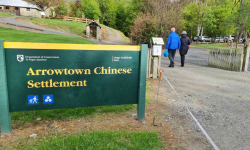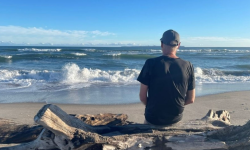
Iosis recently appointed its first Māori development leader. Teina Mita, formerly the Iosis counselling and men’s development team leader, took up the new role on 12 April 2021.
“We are blessed at Iosis with a multicultural team, which has influenced the way we work with families. But while we have had many passionate champions for te ao Māori on our staff over the years, until now we have not had anyone specifically employed to lead this. The Iosis board and I felt it was timely to address this, and we believe Teina is the right person for the role,” says Tunumafono Tracey-Leigh Peters, the CEO of Iosis.
Key amongst the role responsibilities will be building relationships with local iwi and other important stakeholders, and developing new programmes that will more effectively meet the needs of Māori whānau.
“A Māori framework for practice will be developed and implemented across Iosis,” says Tracey. “In addition, our staff will be supported with advice and core competency training that will enhance their work with Māori whānau. Iosis caregivers will also receive this training. These steps will ensure that we are working more effectively in partnership with Māori to bring about the best outcomes for their whānau.
Teina has worked for Iosis since 2016. While relinquishing leadership of the counselling and men’s development teams to take up the new role, he will continue to be a family violence programme facilitator and to provide counselling when needed.
“This is a huge opportunity for Iosis, the team here and our whānau,” says Teina, who has been involved in developing programmes, training packages and frameworks for several organisations in the past.
“My hat’s off to Tracey for having the courage to believe in what we are going to do. I’m thankful, too, that we have a roopu with some very vocal members who also wanted this to happen!”
Teina and the roopu are currently discussing their models of practice and the commonalities of these, to help develop a framework to guide all Iosis staff in the future.
“It will impact the way we approach whānau. We do a lot of this naturally anyway at Iosis, but it will help raise awareness of things we may have overlooked. Whatever we do, we’ll be asking ourselves what the practical application is for our families. It is all very well having concepts but what do these actually look like when you’re sitting with the families?
“The programmes we develop will give us something new for our clients, a lot of whom are disconnected from their cultural history and knowledge. And the training programmes for our foster carers will help them understand things Māori. I am excited about this—in fact, every aspect of this new role is exciting for me. I applaud Iosis for their willingness to do this.”
But this will be only the first step. While Māori make up approximately 50 per cent of the families that Iosis works alongside, there are other sizeable ethnic and cultural groupings among its clients. The work being done first with the Māori development leader role lays a foundation for the process of developing networks, frameworks and training that will impact Iosis’s work with children and families from these other groupings in the future as well.
Contributor: Linda Grigg


